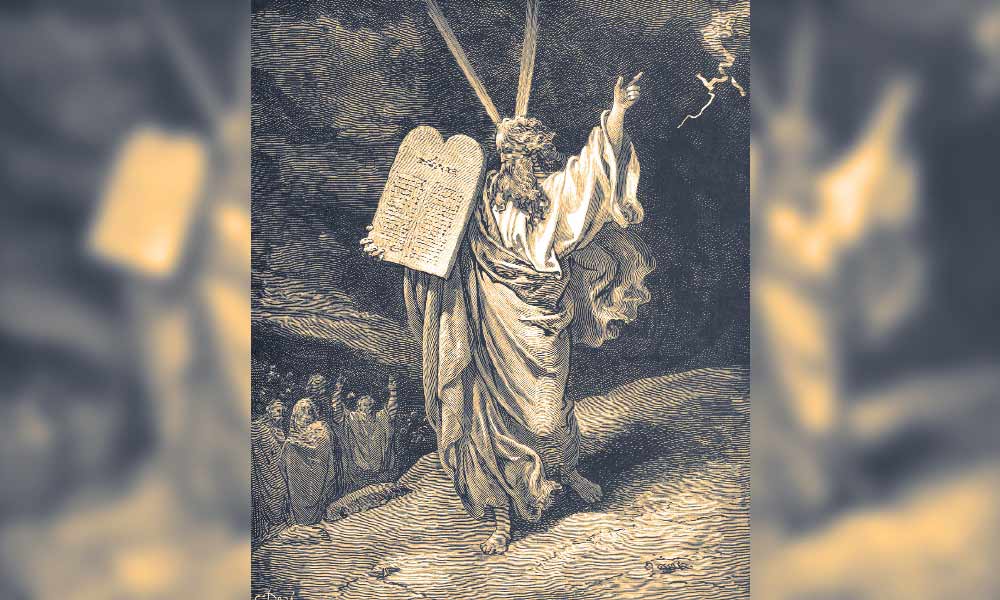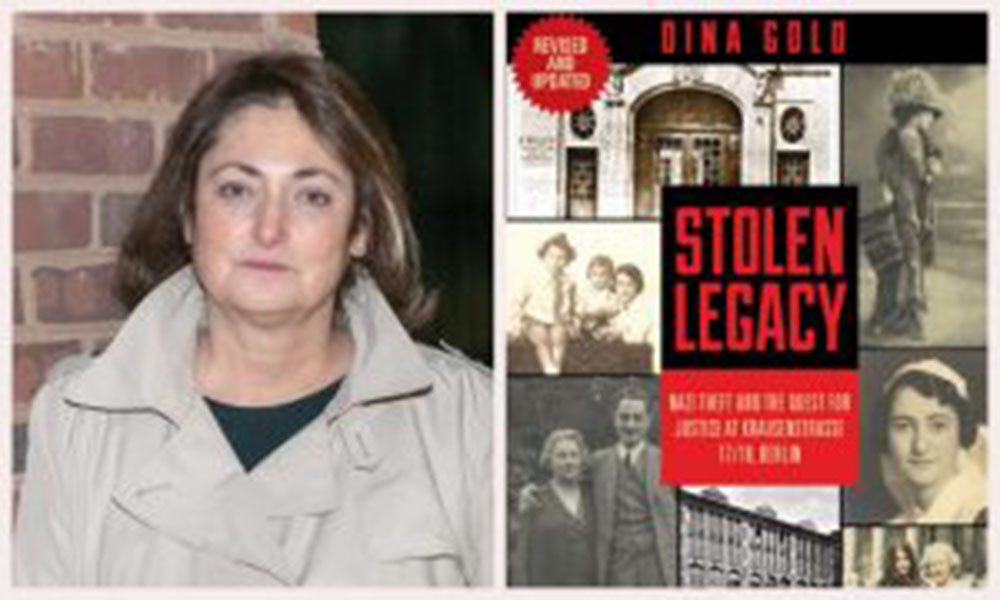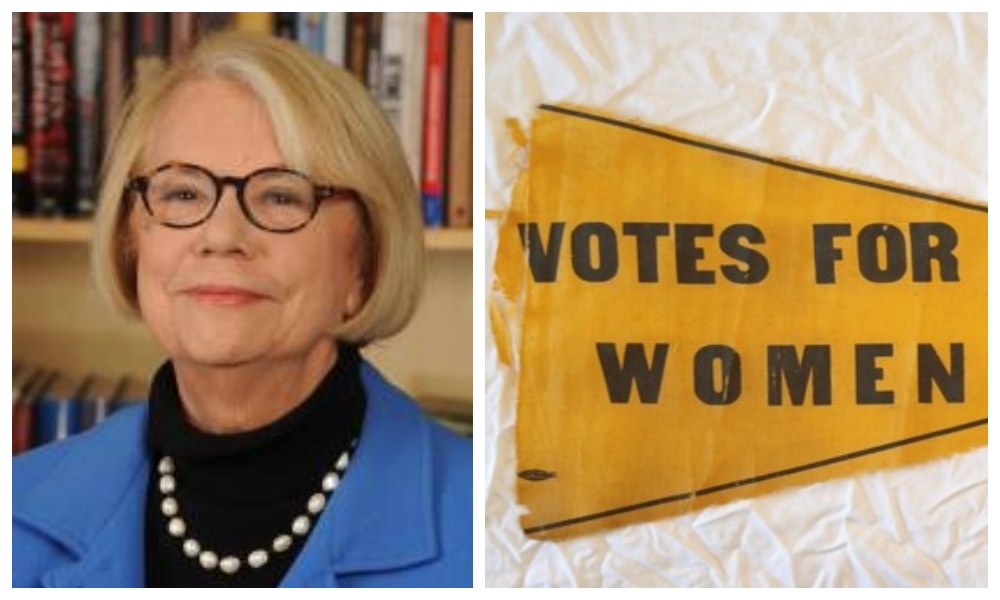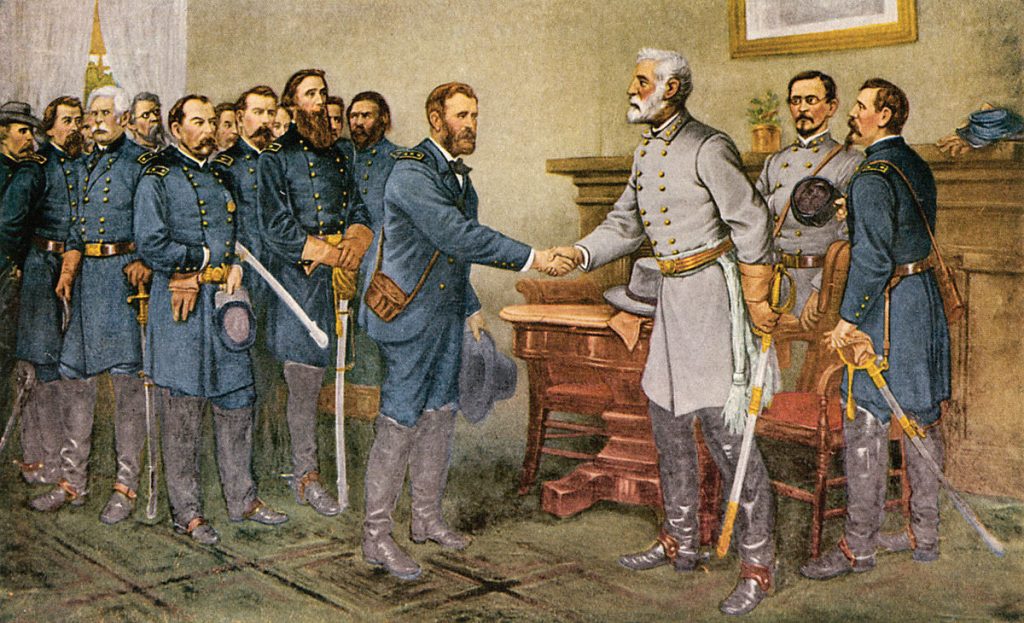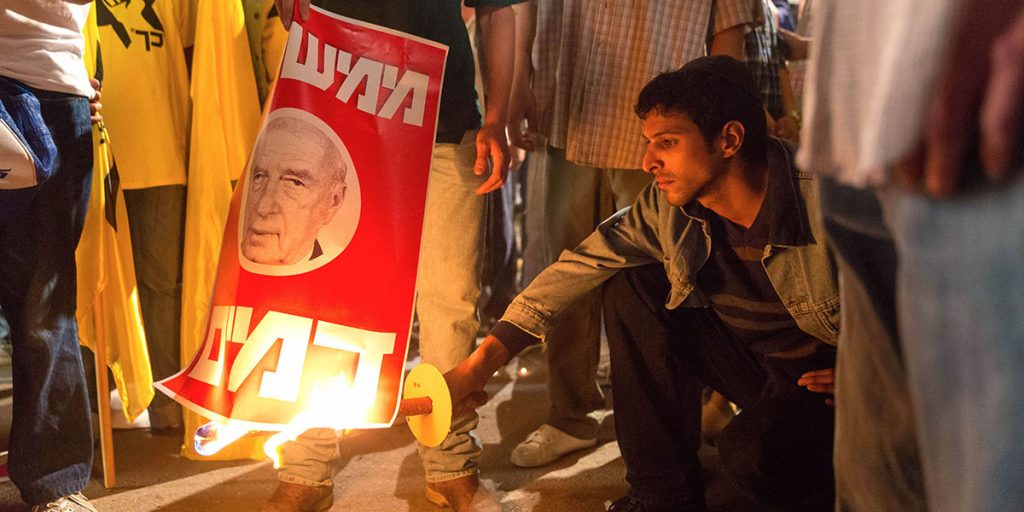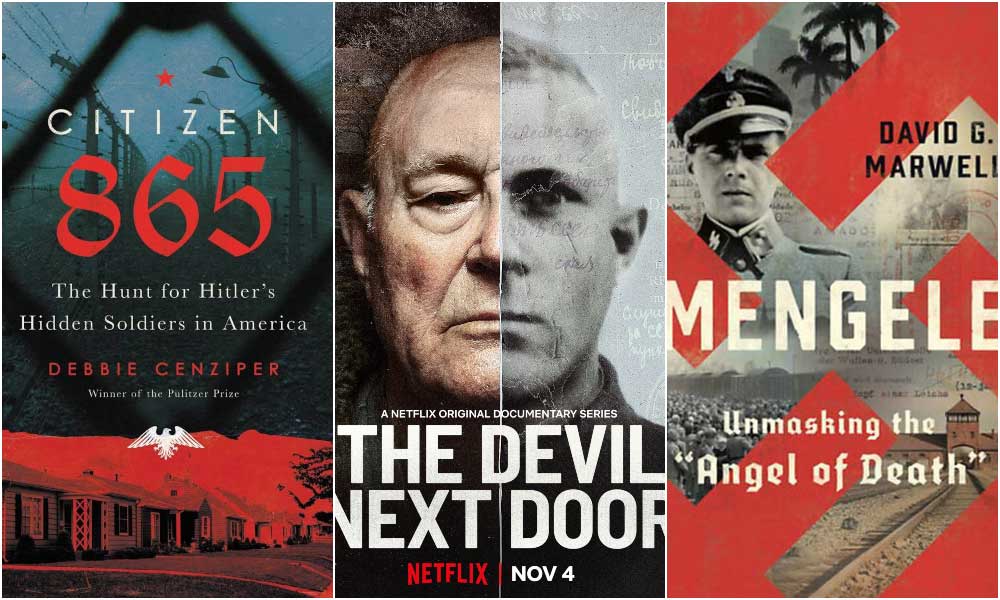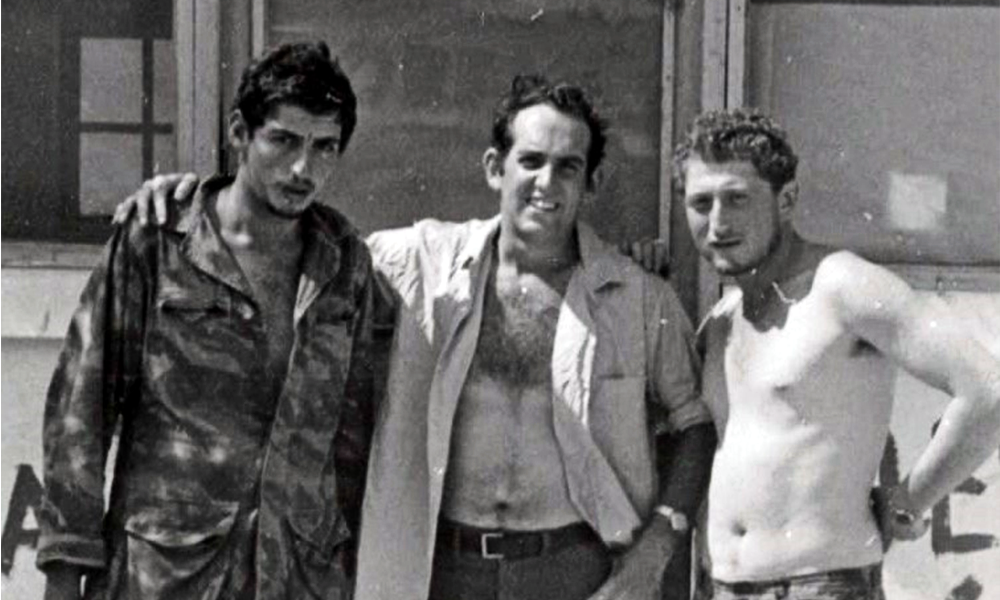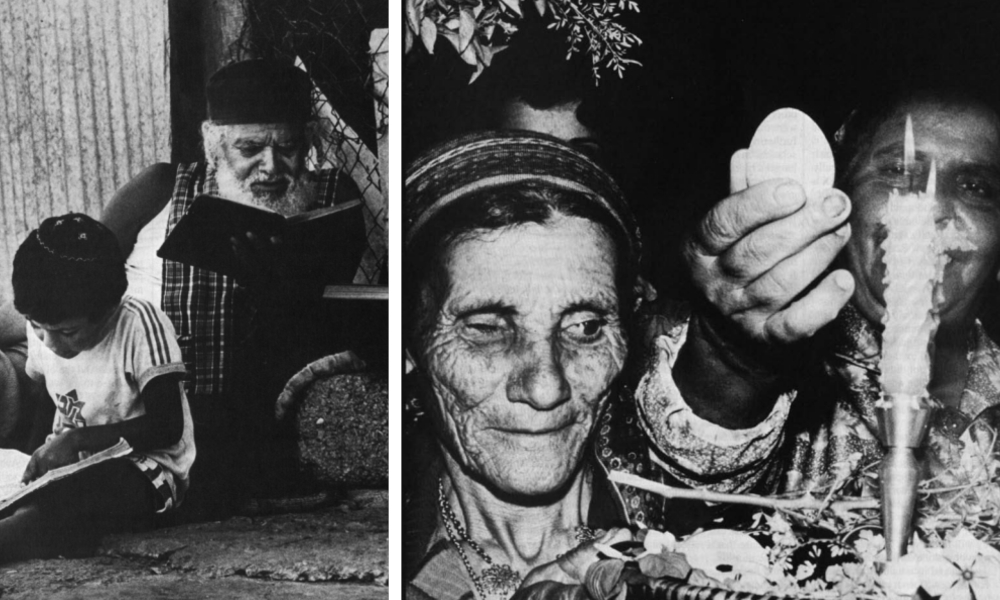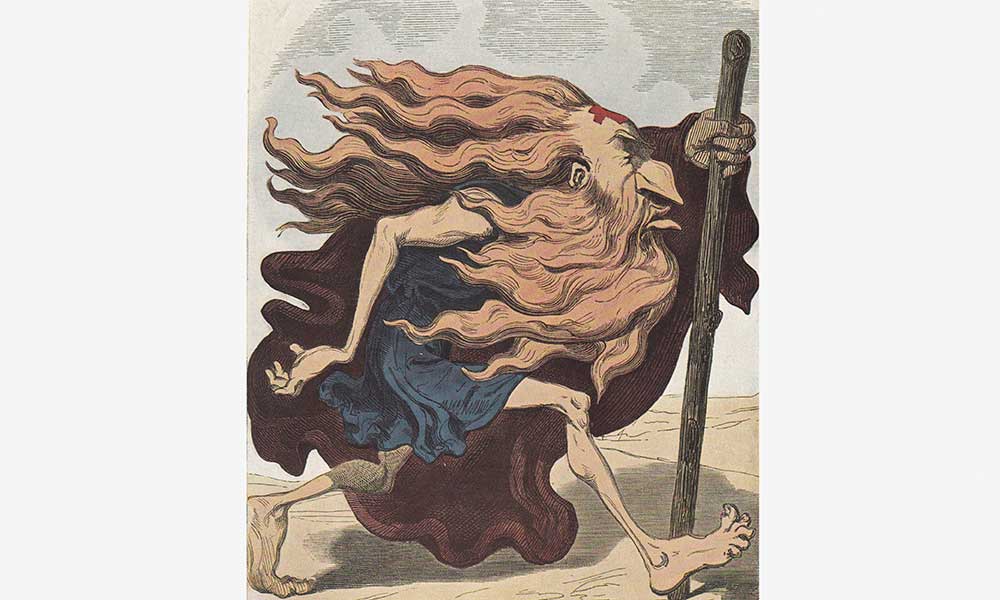Time Travel to Lost Cities
In a bare room adjoining the Arthur M. Sackler Gallery of the Smithsonian’s National Museum of Asian Art, Chief Curator Massumeh Farhad places a virtual reality headset over her eyes.
Jewish Word | When the Past Is Present and the Present Is Past
We Jews are obsessed with history. From ancient to modern times, from the Flood to the Exodus to the destruction of the Temples and the exiles, from the Middle Ages to the Inquisition and the pogroms to the Holocaust to the establishment of the State of Israel, we recall and retell our history.
Stolen Legacy—Nazi Theft and Jewish Repatriation
When she was growing up in England, Moment senior editor Dina Gold used to listen to her grandmother’s stories about her glamorous life in 1920s Berlin and of her dreams of one day recovering the building which, she claimed, had been stolen from the family by the Nazis, Dina talks about her search to unearth the details of her long-dead grandmother’s claims and the legal case she launched to recover the property.
The Girl in the Blue Sweater: One Pandemic later
A year later, we speak every day, staying close during this pandemic. Helena, soon to turn 96, is quarantined alone inside her apartment on Manhattan’s Upper West Side. It’s a home filled with memories. Photographs, books and artwork, much of it from her travels, cover walls and shelves. But her kitchen calendar, once abrim with engagements—lunches, dinners, concerts, plays—is now blank.
Jewish Leaders in Women’s Fight for the Vote with Ann Lewis
Ann Lewis, a former chair of the Moment Advisory Board and founding member of the National Women’s Political Caucus, discusses the critical role Jewish leaders played in the fight for the vote for women.
Confronting Passover, 1865
By 1865, it seemed self-evident that American emancipation resonated with biblical emancipation in powerful ways. But it had not always been so: This new resonance of meaning captured the hearts of American Jews only during the vicissitudes of the Civil War. Before the Civil War, most American Jews did not oppose slavery. There were exceptions, but most Jews voted Democrat, and Democrats were tolerant of slavery. The anti-slavery parties were tarred with nativism, which was distasteful and threatening to a Jewish community composed largely of immigrants and first-generation Americans. And many, including such luminaries as the Reform rabbi Isaac Mayer Wise and the Orthodox rabbi Morris Raphall, considered acceptance of American slavery consonant with the Bible, which documents slavery and sets parameters for its practice within the Israelite community.
Jewish Word | Challah
The word “challah” made its first appearance more than 2,500 years ago.
“Incitement” Takes Us into the Mind of Rabin’s Assassin
The filmmaker went to major lengths to use what he called distancing devices—shots at odd angles and no melody—to keep the audience from identifying with the murderer.
Book Review | Angels of Death on Trial
"The understandable desire to find Mengele alive and try him, presumably on television, contributed to a reluctance on the part of some to accept the fact of his death."
More Than Half a Century Later, Remembering Two Fallen Comrades
n the weeks immediately following the 1967 Six-Day War, I was part of a contingent of international civilian volunteers—mostly Jews—sent from Jerusalem to El Arish, in northern Sinai. It was a mission that marked my life indelibly, and left me with a debt it has taken more than half a century to repay.
Archives | The Yemenites: A Photo Essay
On September 24, 1950, Israel concluded Operation Magic Carpet, transporting over 45,000 Yemenite Jews to the Jewish state. To commemorate this historic mission, Moment has...
Jewish Word | The Wandering Jew
Every autumn, Jews all over the world read the Torah portion Lech Lecha, in which God instructs the future patriarch Abraham to abandon his native land for a promised one


